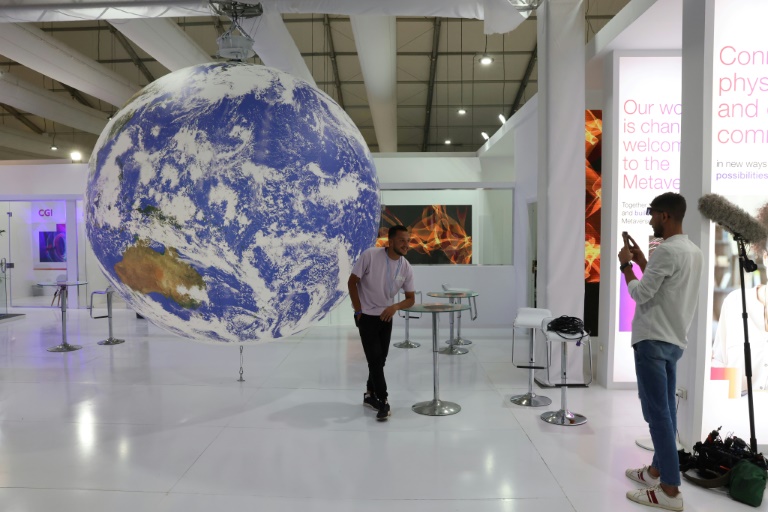The COP27 gathering of nearly 200 nations will be dominated by the growing need of virtually blameless poor nations for money to cope with climate change
The UN’s COP27 climate summit kicked off Sunday in Egypt after a year of extreme weather disasters that have fuelled calls for wealthy industrialised nations to compensate poorer countries.
Just in the past few months, climate-induced catastrophes have killed thousands, displaced millions and cost billions in damages across the world.
Massive floods devastated swaths of Pakistan and Nigeria, droughts worsened in Africa and the western United States, cyclones whipped the Caribbean, and unprecedented heatwaves seared three continents.
The conference in the Red Sea resort of Sharm el-Sheikh comes in a fraught year marked by Russia’s war on Ukraine, an energy crunch, soaring inflation and the lingering effects from the Covid pandemic.
“Whilst I do understand that leaders around the world have faced competing priorities this year, we must be clear: as challenging as our current moment is, inaction is myopic and can only defer climate catastrophe,” said Alok Sharma, British president of the previous COP26 as he handed over the chairmanship to Egypt.
“How many more wake-up calls does the world — and world leaders — actually need,” he said at the opening ceremony.
The world must slash greenhouse emissions 45 percent by 2030 to cap global warming at 1.5 degrees Celsius above late-19th-century levels.
Warming beyond that threshold, scientists warn, could push Earth toward an unlivable hothouse state.
But current trends would see carbon pollution increase 10 percent by the end of the decade and Earth’s surface heat up 2.8C, according to findings unveiled last week.
Promises made under the 2015 Paris Agreement would, if kept, only shave off a few tenths of a degree.
– Money focus –
The COP27 summit will focus like never before on money — a major sticking point that has soured relations between countries that got rich burning fossil fuels and the poorer ones suffering from the worst consequences of climate change.
Developing nations have “high expectations” for the creation of a dedicated funding facility to cover “loss and damage”, UN Climate Change Executive Secretary Simon Stiell said on Friday.
“The most vulnerable countries are tired, they are frustrated,” Stiell said. “The time to have an open and honest discussion on loss and damage is now.”
The United States and the European Union — fearful of creating an open-ended reparations framework — have dragged their feet and challenged the need for a separate funding stream.
UN chief Antonio Guterres has called for a “historic pact” to bridge the North-South divide.
“Our planet is on course for reaching tipping points that will make climate chaos irreversible and forever bake in catastrophic temperature rise,” Guterres said recently.
“We need to move from tipping points to turning points for hope.”
– US-China tensions –
After the first day of talks, more than 120 world leaders will join the summit on Monday and Tuesday.
The most conspicuous no-show will be China’s Xi Jinping, whose leadership was renewed last month at a Communist Party Congress.
US President Joe Biden has said he will come, but only after legislative elections on Tuesday that could see either or both houses of Congress fall into the hands of Republicans hostile to international action on climate change.
Cooperation between the United States and China — the world’s two largest economies and carbon polluters — has been crucial to rare breakthroughs in the nearly 30-year saga of UN climate talks, including the 2015 Paris Agreement.
But Sino-US relations have sunk to a 40-year low after a visit to Taiwan by House leader Nancy Pelosi and a US ban on the sale of high-level chip technology to China, leaving the outcome of COP27 in doubt.
A meeting between Xi and Biden at the G20 summit in Bali days before the UN climate meeting ends, if it happens, could be decisive.
One bright spot at COP27 will be the arrival of Brazilian president-elect Luiz Inacio Lula da Silva, whose campaign vowed to protect the Amazon and reverse the extractive policies of outgoing President Jair Bolsonaro.









